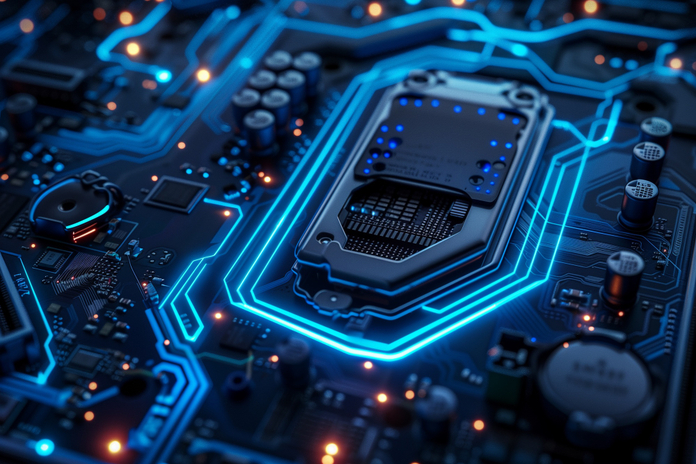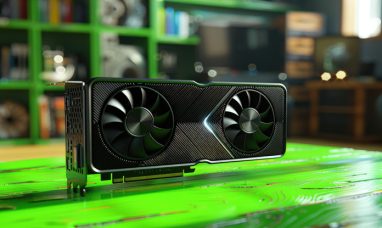Dell Technologies (NYSE:DELL) has exceeded Wall Street expectations for its second-quarter revenue, bolstered by surging demand for its AI-powered servers. This positive performance comes amid a recovering personal computer market and highlights Dell’s strategic focus on capitalizing on the growing needs of artificial intelligence systems. As a result, Dell’s shares rose nearly 4% in extended trading, reflecting investor confidence in the company’s direction.
Strong Q2 Performance Fueled by AI Server Demand
For the quarter ending August 2, Dell reported a 9% increase in revenue, reaching $25.03 billion, surpassing analysts’ average estimate of $24.53 billion, according to LSEG data. This impressive growth was primarily driven by the company’s AI-optimized servers, which have become increasingly vital in the development and deployment of AI technologies.
Jeff Clarke, Dell’s Chief Operating Officer, emphasized the significant role of AI in the company’s recent success. “AI-optimized server demand was $3.2 billion, up 23% sequentially, and $5.8 billion year to date. Backlog was $3.8 billion, and our pipeline has grown to several multiples of our backlog,” Clarke stated. These figures underscore the accelerating adoption of AI across various industries and Dell’s ability to meet the rising demand for high-performance computing solutions.
Infrastructure Solutions Group Sees Record Growth
Dell’s infrastructure solutions group, which includes storage, software, and server offerings, experienced remarkable growth in the second quarter. Revenue for this segment surged by approximately 38% to a record $11.65 billion, showcasing the strength of Dell’s diversified product portfolio. The company’s focus on infrastructure solutions, particularly those optimized for AI workloads, has positioned it as a key player in the rapidly expanding AI market.
In contrast, Dell’s client solutions group, which includes its PC business, saw a 4% decline in revenue, falling to $12.41 billion. This decrease reflects the broader challenges facing the global PC market, despite signs of recovery. According to research firm Canalys, total PC shipments in the second quarter rose by 3.4% year-over-year to 62.8 million units. While the PC market’s recovery is encouraging, Dell’s strategic pivot towards AI and infrastructure solutions is proving to be a more significant driver of growth.
Dell’s Strategic Moves and Future Outlook
The strong performance of Dell’s AI-powered servers is part of a broader strategy to tap into the growing demand for AI and machine learning technologies. These servers, powered by Nvidia’s (NASDAQ:NVDA) advanced graphics processors, are designed to support the intensive computing needs of AI systems, including training large language models and processing massive datasets. As more industries integrate AI into their operations, the demand for such servers is expected to continue rising.
In addition to its focus on AI, Dell is also exploring strategic moves to streamline its operations and enhance its market position. A recent Reuters report indicated that Dell is once again considering the sale of its cybersecurity firm, SecureWorks, after previous unsuccessful attempts to find a buyer. This potential sale could allow Dell to focus more on its core businesses and capitalize on the growing opportunities in AI and infrastructure solutions.
Conclusion: Dell Positioned for Continued Growth
Dell’s second-quarter results underscore the company’s successful strategy of leveraging the increasing demand for AI-optimized servers and infrastructure solutions. As the global market for AI continues to expand, Dell is well-positioned to capitalize on this trend, driving further growth and value for its shareholders.
While the PC market remains a vital part of Dell’s business, the company’s shift towards high-performance computing and AI solutions is proving to be a more lucrative and sustainable path forward. With a strong pipeline of AI-related projects and a growing backlog, Dell is poised to maintain its momentum in the coming quarters.
Featured Image: Freepik









